What do vitamin D and host defense peptides have to do with poultry gut health?
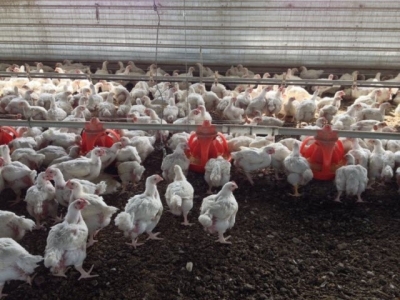
'Every living species has HDPs. I like to think of them as the animal’s natural antibiotics, they are peptides that are acting just like antibiotics that we have used for therapeutic control of disease for decades.' © istock
Few in the scientific community are looking at how various vitamin D metabolites are influencing the expression of host defense peptides (HDPs) in the gut, but its a potentially winning feed strategy in a post antibiotic growth promoter era, says a US researcher.
Butyrate’s impact on HDP expression is also of interest to Kimberly Livingston, assistant professor, poultry science at North Carolina State University.
She was one of the speakers in our roundtable discussion on poultry gut health last week.
Livingston is focusing on ways to boost the natural defense system of poultry.
“Every living species has HDPs. I like to think of them as the animal’s natural antibiotics, they are peptides that are acting just like antibiotics that we have used for therapeutic control of disease for decades.
“With the EU no longer having that addition of antibiotics as growth promoters in feed and the US going that way, I think we have to start looking at ways to enhance the natural way in which the animal has evolved, essentially over millions of years, to protect itself against various pathogens.”
Productivity
If the animal can release its own HDPs, then you should not see a major inflammatory response in the bird, she said.
“If we can increase these [the expression of HDPs], which aren’t going to be as costly to the bird if you are thinking of resources, and [they] can kill these pathogens before they infect the bird or signal a pro-inflammatory response, than we can increase the productivity [of the bird].”
The majority of the feed additives that she has been looking at to influence the expression of HDPs in the bird have only been assessed in vitro – in cell cultures.
However, in vivo trials are underway and pending, said Livingston.
“Some of the compounds we have evaluated the most include vitamin D – so cholecalciferol and specifically, in vitro, calcitriol.”
The researcher and her colleagues have also been examining butyrate in this regard.
“Studies have shown that you increase the expression in the avian macrophages that they have been evaluated on, and, especially with butyrate, you increase the HDP expression without increasing the pro inflammatory cytokines, which are signaling further that there is an infection. It is those pro-inflammatory cytokines that cause the bird to stop eating and to start breaking down their muscle tissue.”
Potential breakthrough in AGP alternatives
When asked what dosages levels of vitamin D might be required to influence HDP expression, she told us:
“One of the things we are currently looking at is supplementing or increasing the amount of cholecalciferol that we put in the diet and also comparing that to other vitamin D metabolites.
“Many producers have started incorporating an 25-hydroxy product. One commercially that I know is available is called Hy-D by DSM – they started incorporating that to decrease the incidence of tibial dyschondroplasia, but very few people have actually looked at how those metabolites are affecting the expression of those host defense peptides.
“We have done it in vitro. So now we have to start looking more closely in vivo and see if it is translating correctly, and if we can pick out the best feed additives to influence those HDPs, then I think we can make up for the difference in not having AGPs.”
Livingston said she has just completed one in vivo trial on a vitamin D metabolite in terms of HDP expression: “I am hoping to present the results of that at the gut health symposium in Missouri in November that Dr Mike Kogut organizes.”
Related news
Tools

Phối trộn thức ăn chăn nuôi

Pha dung dịch thủy canh

Định mức cho tôm ăn

Phối trộn phân bón NPK

Xác định tỷ lệ tôm sống

Chuyển đổi đơn vị phân bón

Xác định công suất sục khí

Chuyển đổi đơn vị tôm

Tính diện tích nhà kính

Tính thể tích ao

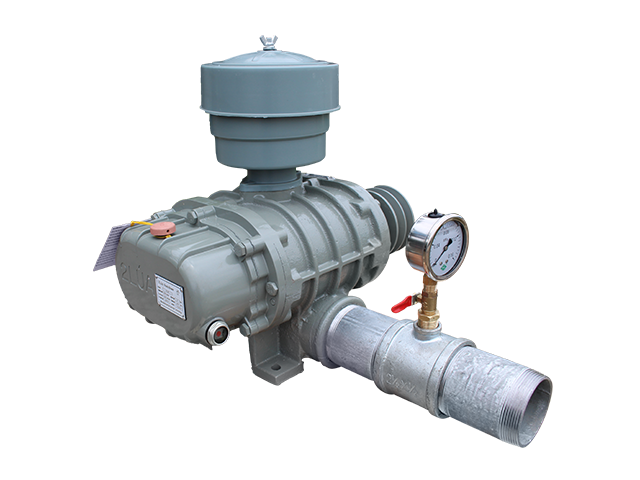
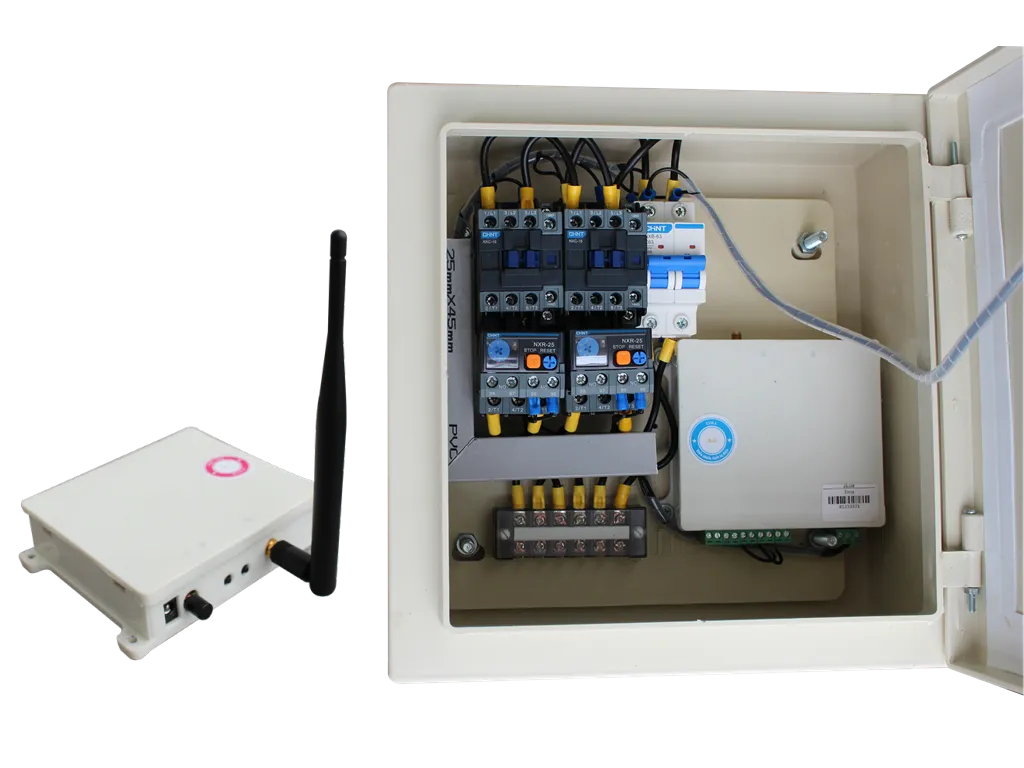
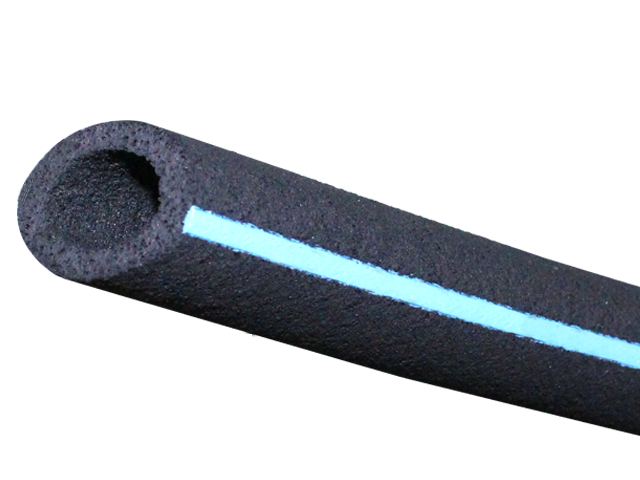
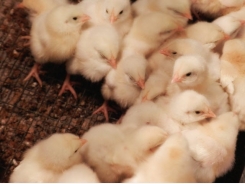
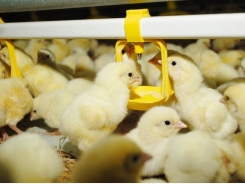
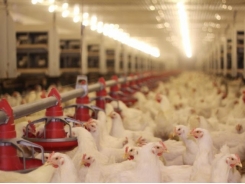
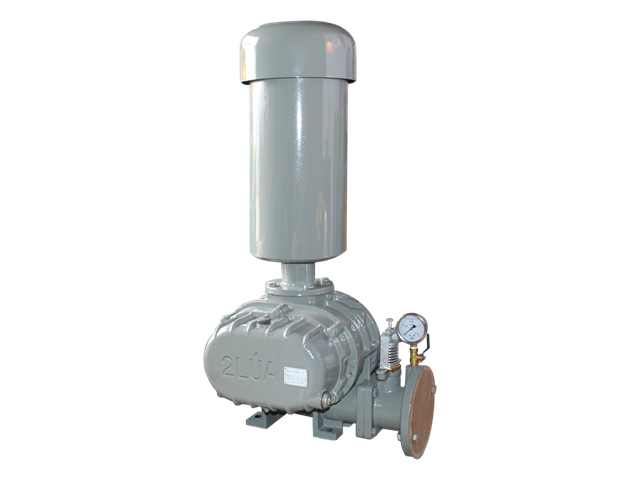
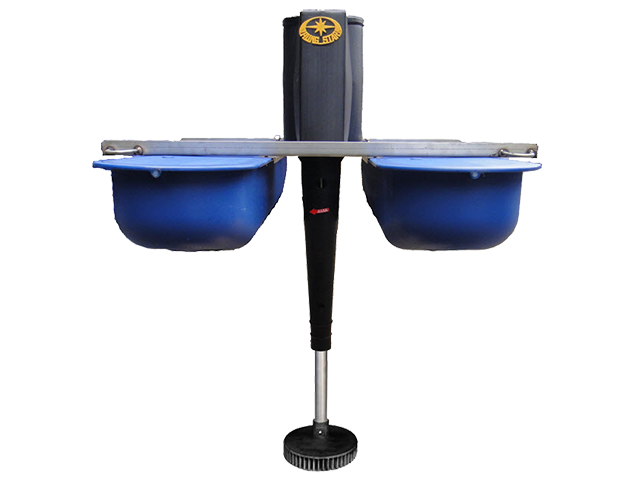
 Stimulating feed intake should be…
Stimulating feed intake should be…  What is needed to reduce…
What is needed to reduce…